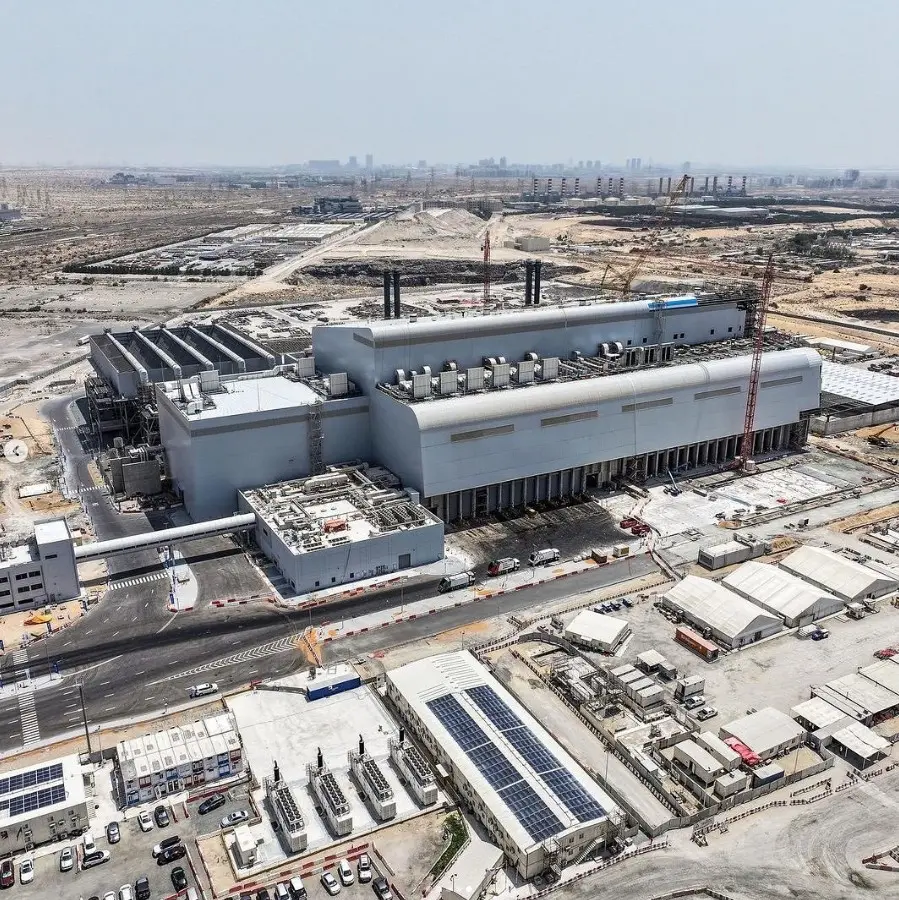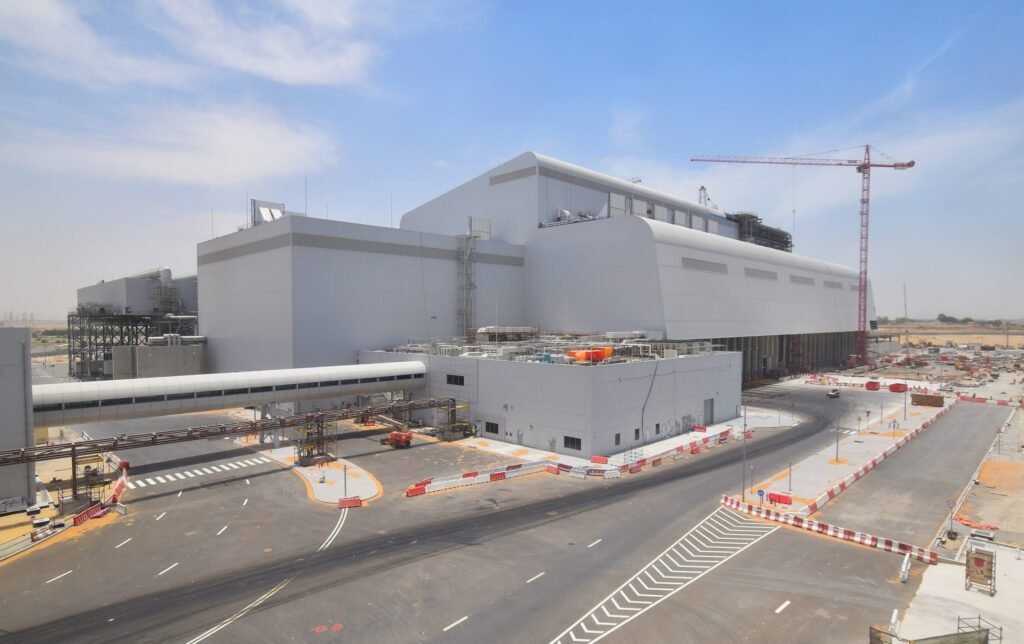EWEC, or the Emirates Water and Electricity Company, has taken a major step to support Abu Dhabi’s clean energy goals. The company has announced plans to recycle power plants to help reduce carbon emissions and keep the electricity grid strong.
The move is part of a wider push to decarbonise the energy sector in the UAE. This means cutting down the use of fuels that cause pollution and shifting to cleaner, more sustainable sources of energy.
What is plant recycling and why it matters
Recycling power plants doesn’t mean turning them into scrap. Instead, it means reusing valuable assets, repurposing infrastructure, and safely retiring or adapting older, carbon-heavy facilities.

In this case, EWEC aims to take fossil fuel power plants—especially those using natural gas—and shift their role. These plants will now serve mainly as backup during peak hours or when solar and nuclear energy are not enough to meet demand.
This strategy is important for two reasons:
- It cuts carbon emissions, which contribute to climate change.
- It helps keep the power supply steady, especially during high demand times like summer.
How EWEC’s plan supports Abu Dhabi’s net zero vision
Abu Dhabi and the wider UAE have set clear targets to reach net zero emissions by 2050. This means reducing carbon pollution as much as possible and balancing what remains with actions that remove it from the atmosphere.
The energy sector is one of the biggest polluters, so changes here are crucial. EWEC’s plan to recycle plants fits perfectly into this vision. It is about being smart with existing resources while embracing renewable energy like solar, wind, and nuclear.
By reusing gas-powered plants only when needed, Abu Dhabi can cut waste and avoid building entirely new backup plants—saving money and the environment.
Backing up renewables for a stable grid

Renewable energy is clean, but it’s not always available. The sun doesn’t shine at night, and wind patterns can be unpredictable. This is where the recycled plants come in.
EWEC plans to keep these older plants on standby. When solar or nuclear power is not enough, the gas plants can be turned on quickly to make sure homes and businesses still get the electricity they need.
This model of using dispatchable backup power is becoming popular in energy systems around the world. It helps ensure grid stability without relying fully on fossil fuels.
Which plants are being recycled
EWEC is focusing on several key plants for this recycling plan. These include:
- Mirfa
- Um Al Nar
- Taweelah A1
These power stations have been important parts of the UAE’s energy history. But with newer and cleaner energy sources like Barakah Nuclear Plant and Noor Abu Dhabi Solar Plant, their full-time use is no longer needed.
Rather than shutting them down entirely, EWEC wants to give these plants a new purpose.
Cleaner energy, stronger results
According to EWEC’s data, almost 74% of the electricity it generated in 2023 came from clean sources—either solar or nuclear. That’s a big jump compared to previous years.
The company also removed about four million tonnes of CO2 from the power system last year alone. That’s the same as taking nearly 900,000 cars off the road.
With the recycling plan, these numbers could go even higher. EWEC is aiming to cut carbon emissions even further by 2030, while still meeting Abu Dhabi’s growing energy needs.
A smart transition, not just a shutdown
It’s important to understand that EWEC’s plan isn’t just about turning off old plants. It’s a managed energy transition. This means making a careful and thoughtful shift from fossil fuels to renewables without putting the energy supply at risk.
This kind of balanced approach is what sets EWEC apart. Rather than wasting billions of dirhams on new plants or cutting power during shortages, the company is making use of what’s already there—efficiently and responsibly.
Supporting the UAE Energy Strategy 2050
The recycling move supports the UAE Energy Strategy 2050, which aims to:
- Increase the share of clean energy in the total energy mix
- Improve energy efficiency
- Lower CO2 emissions
- Enhance energy security
By using recycled gas plants as backups and focusing more on solar and nuclear power, EWEC is helping to make these goals a reality.
What comes next for EWEC

The company is now working on detailed plans for how and when each plant will shift roles. EWEC will also be looking at:
- Upgrading technology in older plants to make them more efficient
- Training staff for the new hybrid energy setup
- Coordinating with the grid to make sure power flows smoothly at all times
It’s a complex process, but one that promises big rewards for both the environment and the economy.
Why this matters to every resident
You may be wondering—how does this affect the average person in Abu Dhabi?
Here’s how:
- Cleaner air due to fewer emissions
- Lower electricity costs in the long term
- More reliable power supply during peak times
- Support for UAE climate goals, which helps the country’s global image
In short, EWEC’s decision to recycle plants is not just about electricity—it’s about building a better future for everyone.
Final thoughts: a bold step toward a greener grid
EWEC’s plant recycling plan is a smart, forward-looking solution. It shows that sustainability doesn’t always mean starting from scratch—sometimes it means using what we have in smarter ways.
By giving older gas plants a new purpose, Abu Dhabi is making its power grid greener, stronger, and more efficient.
It’s a step that aligns with global best practices and sets an example for the region. More importantly, it brings the UAE closer to its ambitious 2050 climate goals—one recycled plant at a time.
Read More: Emirates NBD Capital KSA Wins CMA Approval for New Public Fund













